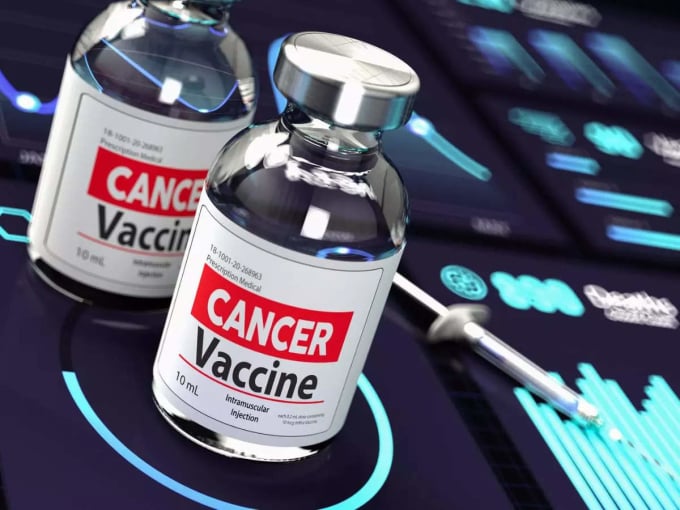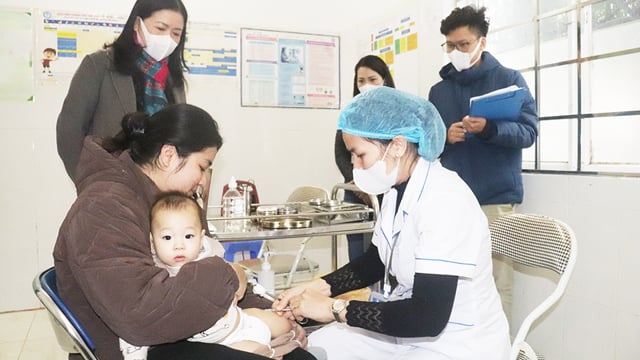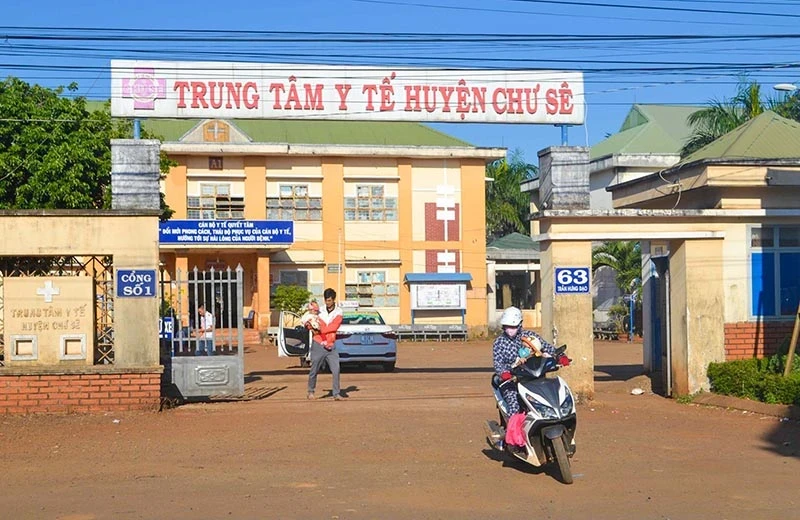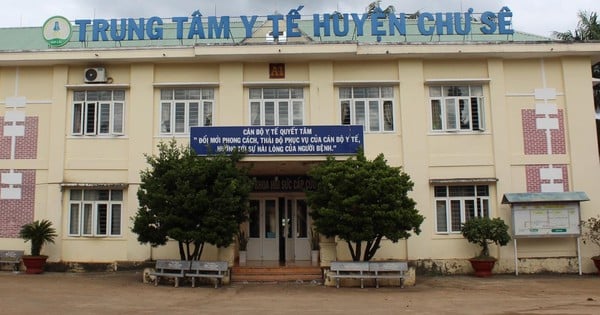Cancer vaccines are still stuck in legal procedures and production capacity issues, but if resolved, they could be launched after three years.
According to the Russian Medical and Biological Agency, the use of antigens with altered components in vaccines is not in accordance with current regulations. Scientists also face the problem of producing and supplying vaccines, as the country only has a few qualified facilities, for example the Blokhin Cancer Center or the Federal Center for Brain and Neurotechnology located in Moscow.
Vasily Lazarev, of the Russian Federal Medical and Biological Agency, said in late March that it could take up to a year to resolve all the legal and regulatory issues. Once the regulatory pressure is reduced, the vaccine technology will attract domestic private investors, with financial support. As a result, Russia could launch a cancer vaccine within three years.
For now, the Russian Federal Medical-Biological Agency has proposed allowing the production and use of drugs with a modified composition, effective in September. The agency also requires that production be carried out by the patent holder.
The news comes more than a month after Russian President Vladimir Putin announced that Russian scientists were close to creating a cancer vaccine. He did not specify what type of cancer the vaccine would target or how it would work.

Illustration of cancer vaccine. Photo: Economic Times
Worldwide, there are 5 potential candidates being tested, including: V940/mRNA-4157, BNT122, TG4050, Tedopi, VB10.16. Of these, the mRNA-4157 vaccine, researched and developed by pharmaceutical companies Merk and Moderna, has been approved by the US and European drug administration agencies for adjuvant treatment of patients with malignant tumors, and may be launched in 2025.
Cancer has become a constant fear for many people and many countries. Therefore, vaccines for this disease are important immunotherapy, helping to prevent and improve cancer treatment results by enhancing the body's natural defenses.
Chile (According to RT, BioSpace)
Source link



![[Photo] Comrade Khamtay Siphandone - a leader who contributed to fostering Vietnam-Laos relations](https://vstatic.vietnam.vn/vietnam/resource/IMAGE/2025/4/3/3d83ed2d26e2426fabd41862661dfff2)
![[Photo] General Secretary To Lam receives Russian Ambassador to Vietnam](https://vstatic.vietnam.vn/vietnam/resource/IMAGE/2025/4/2/b486192404d54058b15165174ea36c4e)
![[Photo] Prime Minister Pham Minh Chinh receives Deputy Prime Minister of the Republic of Belarus Anatoly Sivak](https://vstatic.vietnam.vn/vietnam/resource/IMAGE/2025/4/2/79cdb685820a45868602e2fa576977a0)
![[Photo] Prime Minister Pham Minh Chinh receives CEO of Standard Chartered Group](https://vstatic.vietnam.vn/vietnam/resource/IMAGE/2025/4/2/125507ba412d4ebfb091fa7ddb936b3b)






























































































Comment (0)